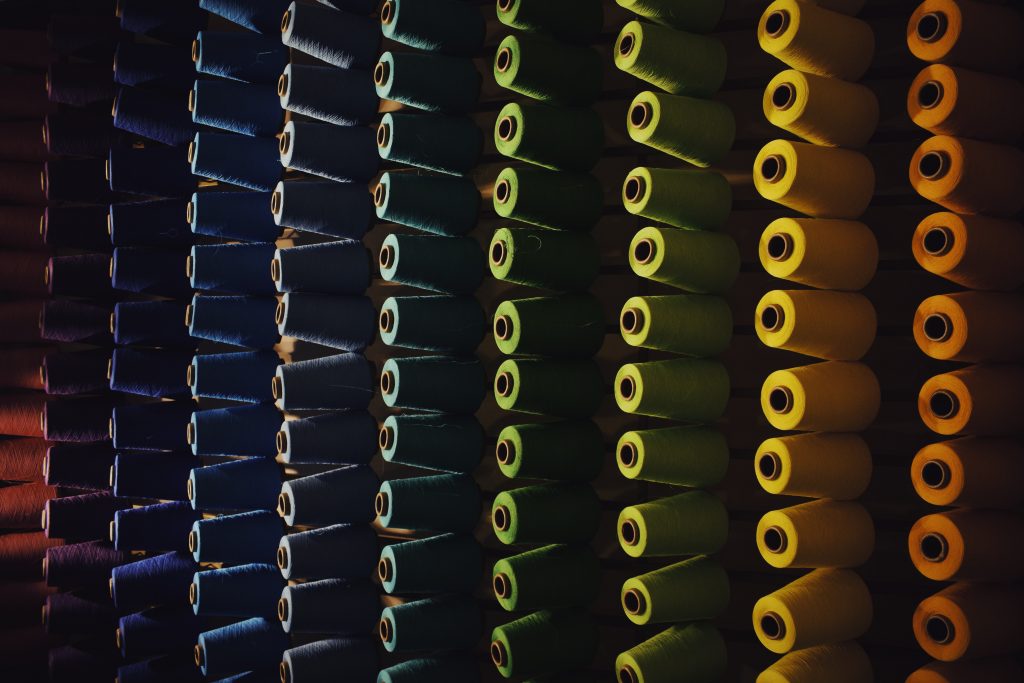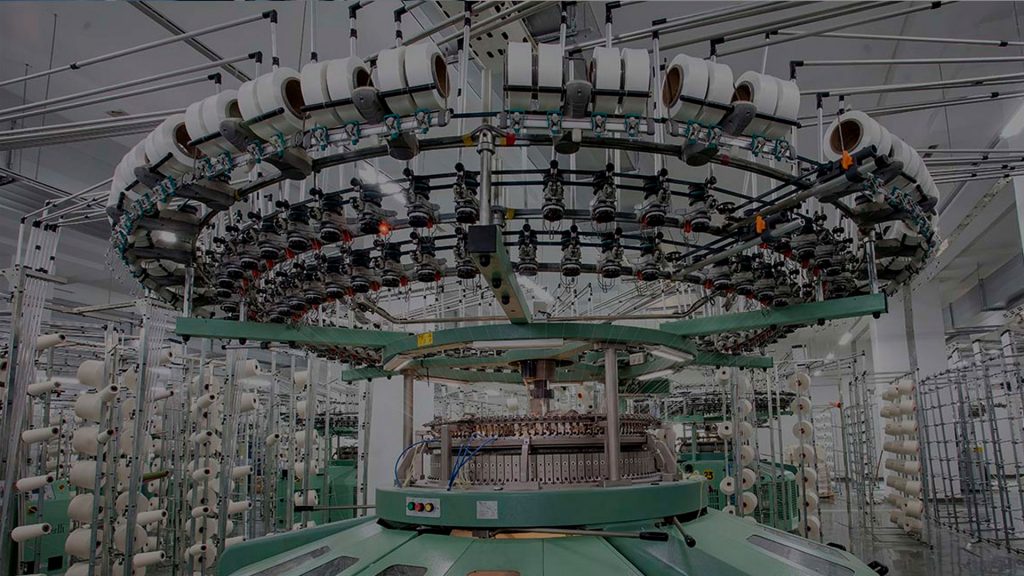The textile sector is based on the processes that garments undergo during their creation. One of the great concerns in recent years for both marketers and consumers is that textile certifications are present in all areas and in any country of origin.
How is the quality of the materials to make a garment verified?
There are several processes to verify the quality of the materials to make a textile garment, among them we can categorize the processes into several types: – Lab tests. The materials used can be analyzed and tested to test their resistance, elasticity, water resistance, etc.
– Visual inspection. It is one of the first quality standards that must be carried out during a manufacturing process, in order to determine and detect defects or irregularities.
– Verification of material suppliers. It is essential to verify the reputation of material suppliers and ensure that all of them comply with regulations and quality, sustainability and RS standards.
– In-use tests. To assess the performance and quality of the materials, tests can be carried out during its manufacture to verify that it will pass the controls.
– Textile certifications, the process on which we will focus below.
To deliver a high-quality product, the points mentioned above must be taken into account throughout the manufacturing process to verify and pass the quality controls requested by the client.
What does a textile certification refer to?
Broadly speaking, a textile certification refers to an evaluation and validation process that guarantees that textile products meet the standards and regarding quality, sustainability and social responsibility.
Some of the most requested standards today can include material composition, production processes, and labor equity, among others.
It is important to distinguish between textile certification and certificate of textile production.
The textile certificate focuses on guaranteeing the quality, safety and social responsibility of a textile product, while the textile production certificate guarantees the correct production process and the sustainability.
Textile certifications are truly important because they allow consumers to identify that what they are acquiring in the final market, has complied with certain ethical and sustainable standards during its development, without harming the environment or created through working conditions safe.
Increasingly, the behavior of consumers greatly influences the fact that garments have labels that advocate sustainable production, due to great concern with the environment.
What types of textile certificates are there?
There are several types of textile certificates that guarantee the quality and sustainability of textile products. Among the most significant are the following:
- GOTS (Global Organic Textile Standard): It guarantees that, during the production of garments, at least 70% of the composition used in textile products are organic materials and has been made through ethical and sustainable practices. In the event that a product bears the GOTs “organic” grade label, it must contain at least 95% of certified organic fibers.
- OEKO-TEX: Certifies that textile products labeled with this certificate are free of toxic substances and dangerous to human health.
- Rainforest Alliance: This certificate guarantees that the confections have been produced taking into account the care of biodiversity and the conservation of tropical forests.
- Bluesign: This seal guarantees that textile products will have a minimal impact on the environment and with ethical considerations for workers.
- Fair Trade Certified: Fair Trade Certified textile products ensure that they have been produced with ethical considerations for workers, including fair wage conditions and working conditions.
- Textile Exchange – Organic Content Standard: OCS relies on third-party verification to control that the final product contains the exact amount of organic cultured material mentioned during the manufacturing process.
- NATURTEXTIL IVN certified BEST: It is a standard of the IVN (International Association of Natural Textile Industry). It is considered the strictest standard today because it requires that 100% of the fibers used in the production process are certified organic.
- Global Recycled Standard: Represents a voluntary product standard to track and verify the content of recycled materials in a final product. The standard applies to the entire supply chain and addresses traceability, environmental principles, social requirements, chemical content and labeling. GRS guarantees customers its commitment to the veracity of the use of materials and support to promote the circular economy and reduce waste to manufacture new products.
What elements should be considered when defining the quality of a garment?
Understanding textile quality standards, the fundamental elements that define the quality of a garment can be classified based on the following qualities;
- Materials. The use of natural fibers versus synthetic materials will determine the greater durability of the garment.
- Sewing. The quality of the seam usually determines the durability and resistance of the textile garment.
- Finish. The finish of the garment, taking into account the type of threads, labels, buttons can be an example of what quality standard the garment has.
- Sustainability. It is increasingly sought that the materials used in the manufacture of textile garments have carried a process based on recycled elements, certified materials, etc.
In short, the future of sustainable fashion must focus on textile certification as a key tool. It is the way to capture the attention of consumers and grant the value that each textile garment has.
From Pinexports we look for new value proposals every day for the manufacture of textile garments and accessories. We are committed to sustainability, reducing the carbon footprint in the processes and guaranteeing the delivery of the merchandise according to the initially agreed qualities.
The aforementioned department is in charge of supervising the entire production process, from the beginning of manufacturing, during and post production. Our network of quality control agents guarantee the correct development of productions and delivery at the destination facilities.
One of the maximum premises of the team is to accompany the client throughout the process, since above all, when we decide to manufacture in Asia, the risks are greater and modifications or errors have a higher cost than in short circuit.





